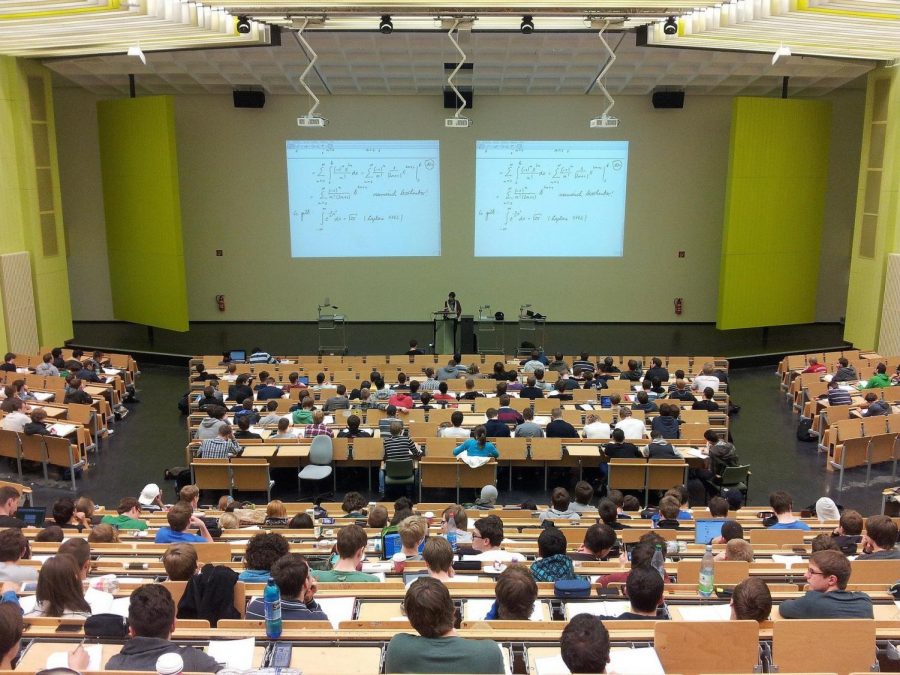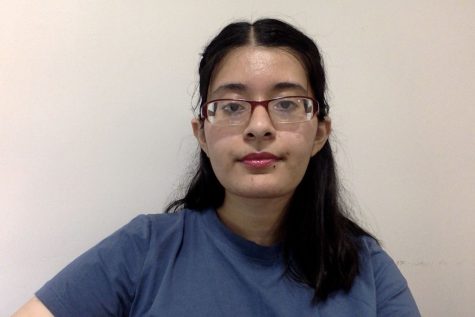COVID-related courses on mental health and racial divide are valuable learning opportunities
March 4, 2021
With COVID-19 vaccinations being administered and predictions from Dr. Anthony Fauci that the majority of people in the United States will be vaccinated by the end of this year, many have focused their attention to reflecting on what can be learned from this pandemic.
CUNY colleges such as Hunter College, Lehman College, City College and Brooklyn College have taken the time to develop new undergraduate- and graduate-level courses related to the pandemic, in departments regarding health, economics, philosophy and politics.
City College created a course called “The Economics of a Pandemic,” which teaches students how American households, workers and jobs are impacted by a pandemic, like the COVID-19 one.
Even a philosophy course called “Disaster and Corona: Theory, Practice, and Current Events” was created to teach students at Lehman College how aspects of politics, education, policing and media have been disrupted by the pandemic.
If Baruch College were to offer courses related to the pandemic, there are multiple layers and ideas to consider to ensure that the classes are both educational and impactful.
One idea for a course would be “COVID-19 and the Mental Health Crisis.” This course could focus on the effects COVID-19 has on people of all ages, including children who are growing up in a different norm and adolescents who are struggling to keep up in school.
Discussing how the mental health of essential and healthcare workers were impacted from balancing work and the stress of risking their own physical health would be beneficial for students to learn about, as well.
“COVID-19 has interrupted essential mental health services around the world just when they’re needed most,” Director-General of the World Health Organization Dr. Tedros Adhanom Ghebreyesus said.
This course could also allow students to study how different individuals processed changes like adapting to a life of daily mask usage and undergoing a sudden elongated period of isolation.
This pandemic has had a drastic impact on the mental health of millions in the United States. This course can not only help students understand why but also what preventative measures can be taken so that this doesn’t happen again in the future.
Another possible course that can be beneficial is examining how pandemics can highlight the existing social divide and why this divide was seen to such an extent in America.
During the COVID-19 pandemic, there has been an increase in hate crimes and discriminatory actions toward minorities.
A new course on this matter could be called “COVID-19 and the Rhetoric Behind the Social and Political Divide.” It can delve deeper into how a pandemic prompts some people to engage in derogatory behaviors.
This course could also discuss the rise of the Black Lives Matter protests, anti-Asian racism protests and the frustration people experienced.
Also, it could study the social impact of tragedies that occurred during the pandemic and allow students to study rhetoric used by political leaders to motivate citizens and maintain order.
Looking at the virus as a learning experience must be done to prevent similar future outcomes, and Baruch should be the one to create it.








